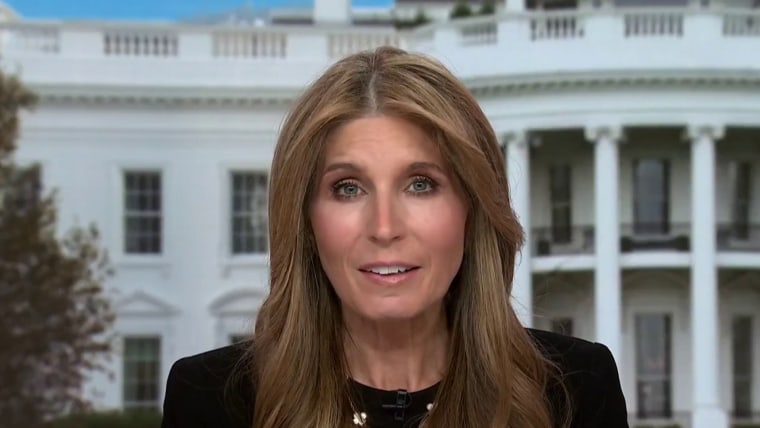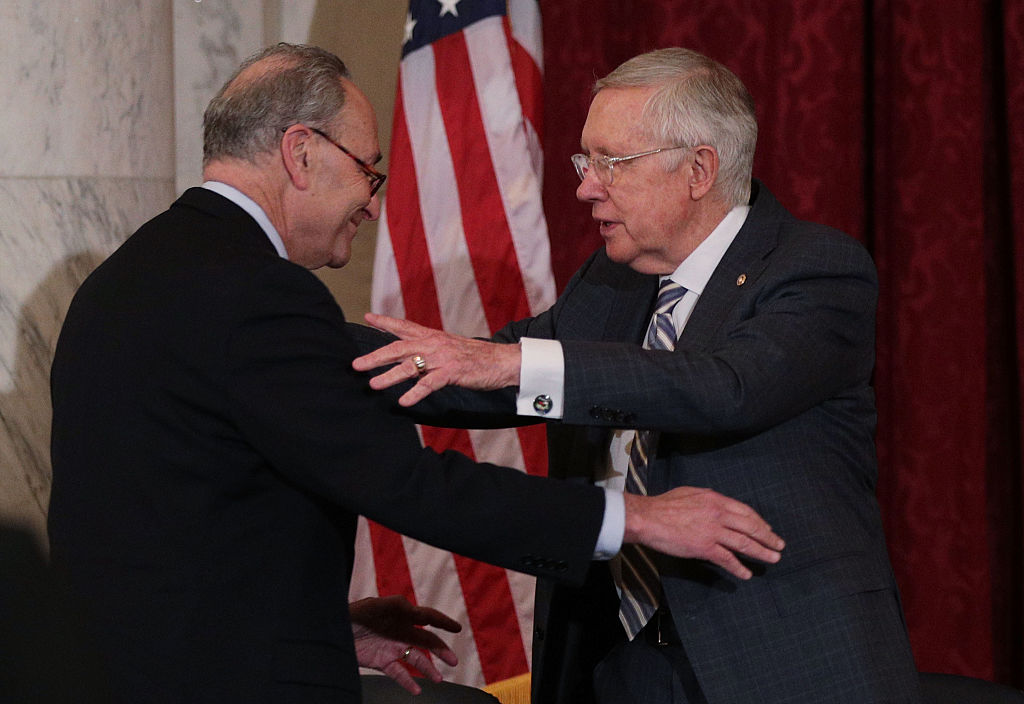Once upon a time, after the publisher decided our newspaper would endorse a candidate that those of us on the editorial board didn’t prefer, a colleague circled the date on the calendar and joked that it was “Reminder That We Work for The Man Day.” We knew, even if readers didn’t, that newspaper endorsements don’t always reflect a consensus or the majority opinion of its editorial writers.
At The Los Angeles Times, the man in charge is Patrick Soon-Shiong, the billionaire doctor and founder of the health care software company NantHealth who spent $500 million for the newspaper in 2018. Soon-Shiong’s decision to block the paper from endorsing California’s own Kamala Harris for president, as its board was reportedly planning to do, led to Donald Trump crowing and the paper’s editorials editor quitting. “I am resigning because I want to make it clear that I am not OK with us being silent,” Mariel Garza told the Columbia Journalism Review. “In dangerous times, honest people need to stand up. This is how I’m standing up.” Two more members of the newspaper’s editorial board resigned after Garza did.
At The Washington Post, the world’s third-richest man, Amazon’s Jeff Bezos, is The Man. And his venerable newspaper, which he bought in 2013 for $250 million, will not endorse a presidential candidate this year. And won’t going forward, according to its relatively new publisher and chief executive, Will Lewis. “The Washington Post will not be making an endorsement of a presidential candidate in this election. Nor in any future presidential election,” Lewis wrote on the newspaper’s website Friday. “We are returning to our roots of not endorsing presidential candidates.” The newspaper, Lewis writes, didn’t endorse in presidential races from 1960 to 1972 but did from 1976 to 2020.
Source: Billionaire cowardice led to The Washington Post, L.A. Times non-endorsements







